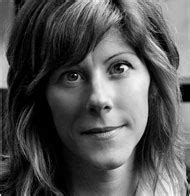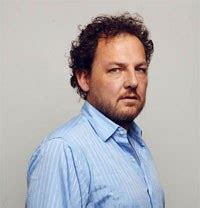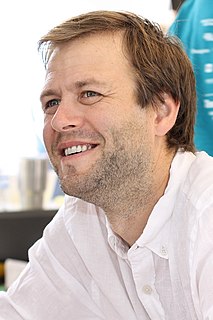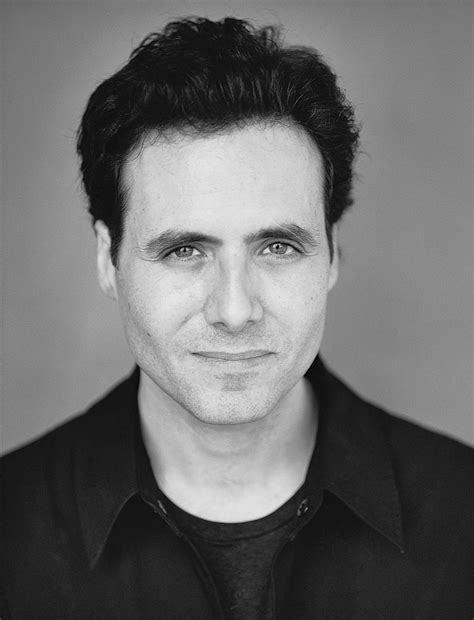A Quote by Patrick Ness
I like writers who seem to write because they have to. You get the feeling of this burning desire to tell a story. I find it in Peter Carey, Nicola Barker, Ali Smith and David Foster Wallace.
Related Quotes
David Foster Wallace was a brilliant experimentalist who I deeply admire. His ability to do formalism helped me understand how to tackle stories like "Dictionary" and "Failed Revolution." "Dictionary," in particular, functions against narrative in many ways - each of the definitions are their own mini-story or prose poem, and the collection of them adds up to create a different effect than the traditional Freytagian Pyramid story.
I tell aspiring writers that you have to find what you must write. When you find it, you will know, because the subject matter won’t let you go. It’s not enough to write simply because you think it would be neat to be published. You have to be compelled to write. If you’re not, nothing else that you do matters.


































